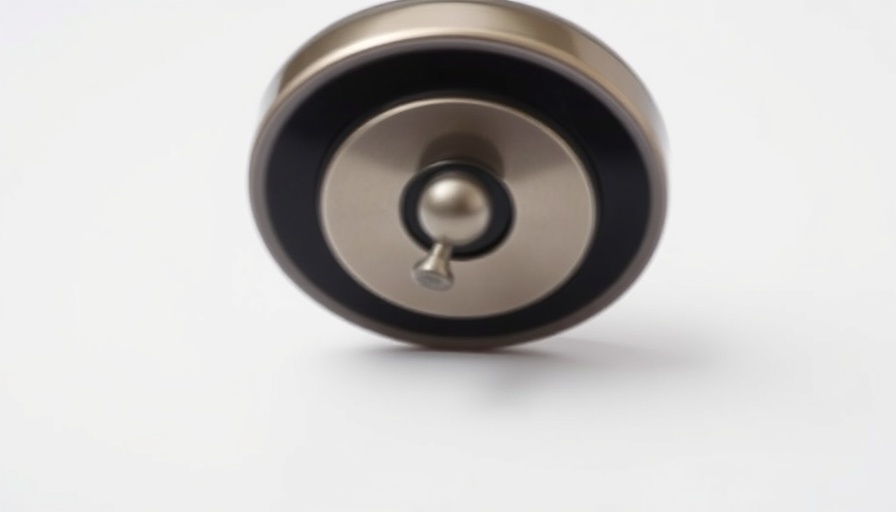
Understanding Tinnitus: A Common Condition
Tinnitus, characterized by phantom sounds such as ringing or buzzing in the ears, affects about 11% of American adults according to recent studies. This seemingly innocuous yet bothersome condition can significantly impact daily life—particularly sleep and concentration. Despite the lack of a definitive cure, experts highlight various strategies for managing symptoms effectively.
Exploring Causes: From Hearing Loss To Noise Exposure
Dr. Zachary Schwam, an E.N.T. specialist, emphasizes the diverse causes of tinnitus. While some instances can be traced back to tumors or nerve issues, the majority arise from benign factors like hearing loss. The delicate hair cells within the cochlea may become damaged, leading to abnormal signals being sent to the brain, which interprets them as noise.
Moreover, exposure to loud sounds—be it concert music or industrial noise—can heighten the risk of developing tinnitus. Dr. Schwam recommends using proper ear protection when engaging in activities that may pose a risk.
Effective Management Techniques
Though tinnitus is pervasive and often incurable, there are numerous management strategies that can alleviate discomfort. Cognitive Behavioral Therapy (CBT) has proven effective in helping individuals adjust their perceptions of tinnitus, reducing the anxiety often associated with the condition.
Sound therapy also stands out as a popular option. By introducing soothing ambient noise, individuals can mask the ringing in their ears, creating a more peaceful environment conducive to sleep and relaxation. Further, mindfulness practices and relaxation techniques can foster a sense of calm and distraction from the persistent noise.
The Role of Technology in Tinnitus Management
The evolving landscape of health technology offers promising advancements for managing tinnitus symptoms. Audiologists are increasingly leveraging sound therapy devices that blend auditory stimulation with personalized soundscapes. Some products even utilize artificial intelligence to adapt and respond to the specific frequencies of an individual's tinnitus, providing an enhanced therapeutic experience.
Consulting Professionals: A Crucial Step
Seeking professional help is vital for those experiencing tinnitus, particularly if symptoms are new or changing. Experts like Dr. Kenny F. Lin stress the importance of a thorough evaluation to rule out underlying conditions that could contribute to symptoms.
Following any assessments, tailored treatment plans may include medical interventions, lifestyle modifications, and the incorporation of technology-based solutions aimed at minimizing the impact of tinnitus on daily living.
Challenging Misconceptions: What Tinnitus Is Not
There are several misconceptions surrounding tinnitus that can hinder effective management. For instance, many believe it is merely a manifestation of aging, which might not be entirely true. While age can be a factor, tinnitus can impact individuals of all ages, particularly those with exposure to loud noises.
Additionally, tinnitus is not synonymous with hearing loss—although there is a strong correlation. Many individuals experience tinnitus while maintaining normal hearing thresholds, reflecting the complexity and variability of the condition.
Final Thoughts: Living With Tinnitus
Living with tinnitus can be a challenging experience, yet understanding the condition and its management options is vital. By consulting healthcare professionals and utilizing emerging technologies, individuals can create effective strategies to cope with their symptoms. Remember, the journey toward managing tinnitus is personal, and what works for one individual may differ for another.
Should you or a loved one experience persistent ringing or other phantom sounds, consider reaching out to an E.N.T. specialist for guidance and tailored management strategies.
 Add Row
Add Row  Add
Add 




 Add Row
Add Row  Add
Add 

Write A Comment